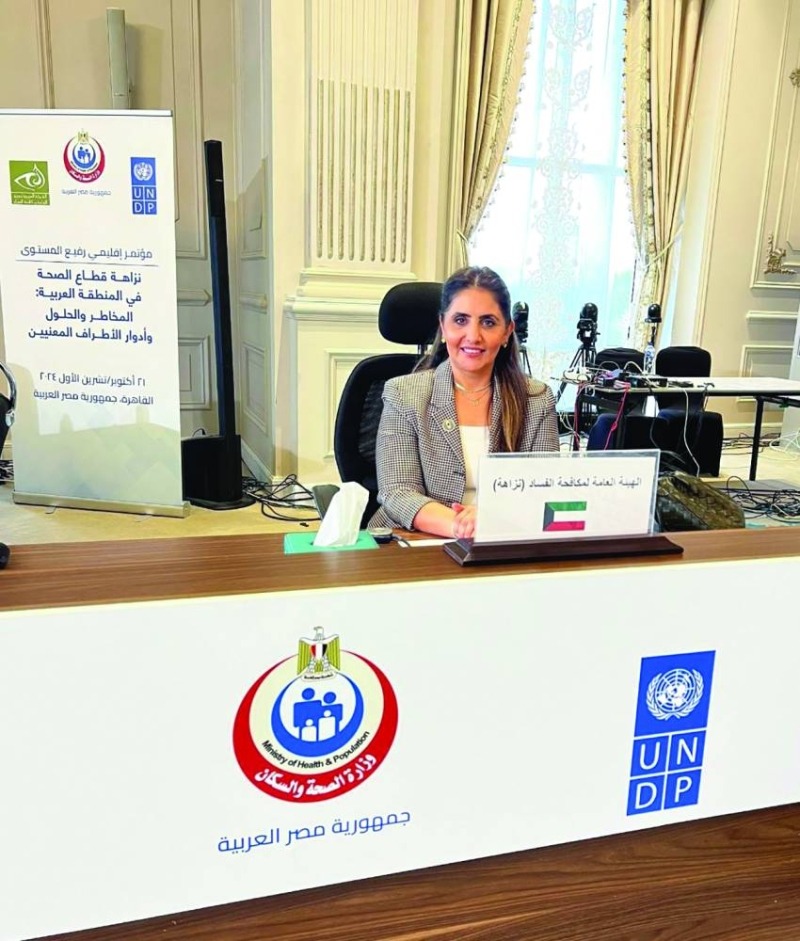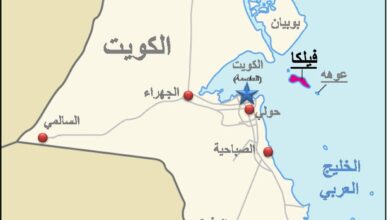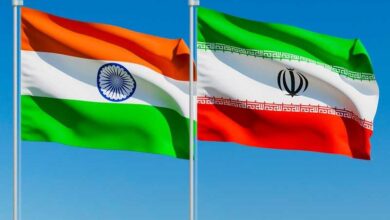Nazaha to unveil comprehensive guide to combat corruption risks
Engineer Abrar Al-Hammad said Kuwait has made significant progress in fostering cooperation between the public and private sectors by involving civil society in raising awareness of integrity and combating corruption.

• Engineer Abrar Al-Hammad, Assistant Secretary-General for the Prevention Sector at Nazaha, highlighted Kuwait’s efforts to combat corruption in the health sector by strengthening internal audit offices and establishing mechanisms for reporting corruption to ensure integrity and transparency in this billion-dollar industry.
Engineer Abrar Al-Hammad, Assistant Secretary-General for the Prevention Sector at the Public Authority for Anti-Corruption (Nazaha), announced that the authority is developing a comprehensive guide to assess corruption risks in collaboration with the United Nations Office for Combating Corruption. This initiative aims to showcase Kuwait’s efforts in this area, as reported by Al Rai newspaper.
This statement was made by Al-Hammad to KUNA during her participation in the high-level regional conference titled “Integrity of the Health Sector in the Arab Region: Risks, Solutions, and the Roles of Stakeholders,” part of the World Conference on Population, Health, and Development, which will be hosted by Egypt from October 21 to 24.
Al-Hammad stated that Kuwait has made significant progress in fostering cooperation between the public and private sectors by involving civil society in raising awareness of integrity and combating corruption.
She emphasized the importance of “the integrity of the health sector” at both the regional and international levels, as it intersects with efforts to promote public service integrity and enhance governance in the government sector.
She also stressed that “the integrity of the health sector is one of the pillars of Kuwait Development Vision 2035,” under the slogan “High Quality Health Care.” The State of Kuwait has prioritized this goal by adopting advanced health policies, strengthening national medical capacities, providing top-tier medical education systems, and building cooperative bridges with other countries in this context.
She pointed out that “the joint efforts between state institutions, under the umbrella of Kuwait’s strategy to promote integrity and combat corruption, include the launch of a national campaign under the slogan ‘For Kuwait,’ aimed at enhancing awareness of integrity in the health sector.”
She also referred to “the development of smart mobile applications, such as the electronic applications ‘Sahel’ and ‘Saha,’ which aim to achieve justice and transparency while facilitating citizens’ and residents’ access to health services, including organizing appointments and obtaining medical reports.
She highlighted “other measures taken by Kuwait to combat corruption in the health sector, including strengthening the role of internal audit offices and establishing mechanisms for reporting corruption cases to ensure integrity and transparency in managing this vast sector, which is estimated to be worth billions of dollars.”
Al-Hammad highlighted the cooperation that developed between civil society and “Nazaha” during the COVID-19 pandemic to monitor and evaluate the transparency of the government’s management during the crisis. She expressed appreciation for the efforts that emerged during the conference sessions, hoping that the recommendations will translate into actionable mechanisms and projects that enhance integrity in the health sector across the Arab region.
The conference, organized by the United Nations Development Program and the Arab Network for Promoting Integrity and Combating Corruption, will address corruption issues in the health sector and reform efforts at the regional level, especially in the wake of the COVID-19 pandemic, while also focusing on the challenges facing this sector.













